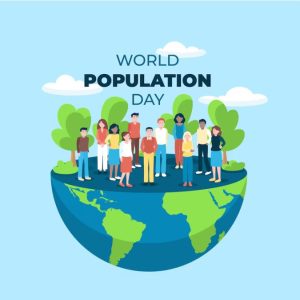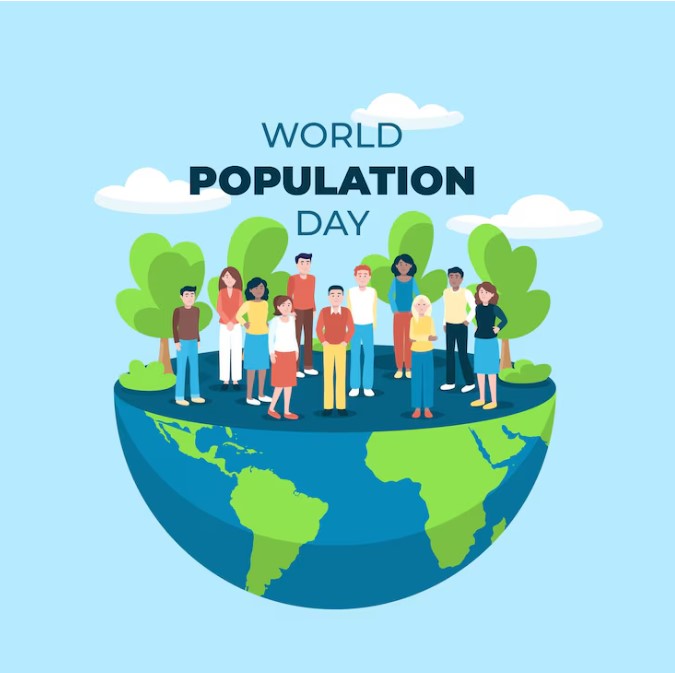By Thokozani Mazibuko
The recent release of the 2024 State of the World Report has signaled a significant milestone for humanity, with the global population surpassing the 8 billion mark.
This population growth milestone brings with it a series of challenges and opportunities that will require strategic planning, effective resource allocation, and data-driven policies to ensure that no one is left behind.
The report states that in navigating this new reality, it is essential to leverage demographic data to better understand population dynamics, identify areas of need, and tailor interventions that address the diverse needs of Emaswati.
ALSO READ: India builds more hospitals as the population surges but doctors are in short supply
By harnessing the power of data, policymakers can make informed decisions, allocate resources efficiently, and design policies that promote inclusive development and social equity.
According to the report, one of the key emerging challenges facing the world today is climate change, which poses a threat to communities and ecosystems around the globe.
“Addressing the impacts of climate change requires proactive measures to build resilience and adaptation mechanisms that can mitigate risks and safeguard livelihoods.
Data plays a crucial role in this process, enabling policymakers to monitor environmental changes, assess vulnerabilities, and develop strategies for sustainable development,” points out the report.

Moreover, the report highlights that the success of multi-hazard early warning systems critical for disaster risk reduction and response relies heavily on efficient data collection and rapid dissemination of information.
By leveraging real-time data on weather patterns, natural disasters, and climate trends, authorities can issue timely warnings, coordinate emergency responses, and protect vulnerable communities from harm.
ALSO READ: Flash floods in US northeast, heat warnings for 25% of the population
“As the world grapples with the challenges and opportunities presented by a growing population and climate change, it is clear that data-driven approaches will be essential in shaping a more sustainable and resilient future for all.
By harnessing the power of data to inform decision-making, allocate resources effectively, and build adaptive capacity, we can chart a course towards a more equitable and inclusive society that leaves no one behind,” further reads the report.


